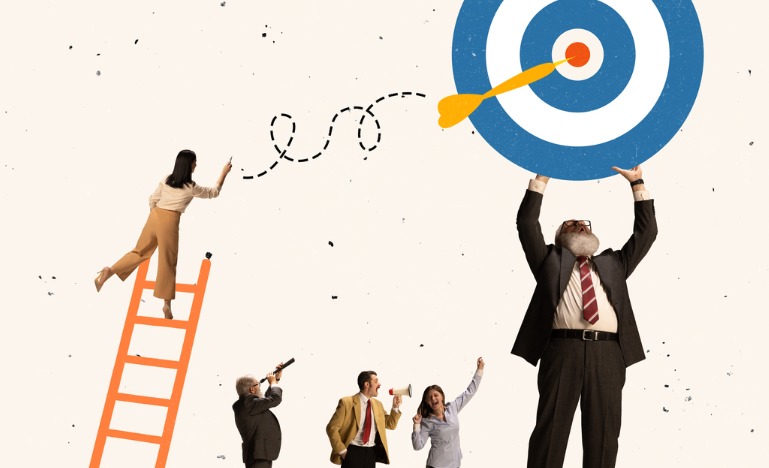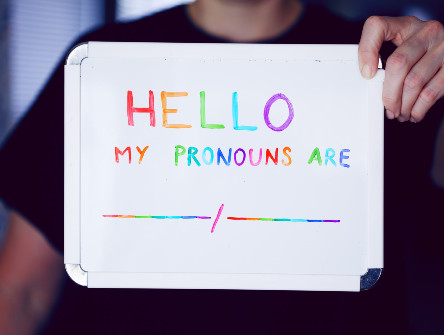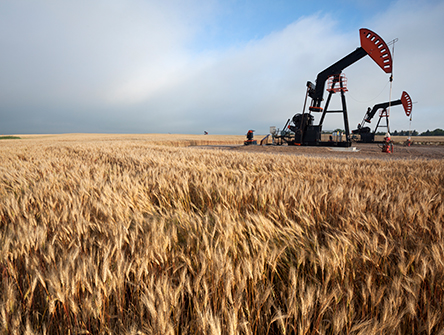Why such a fuss about “white privilege”?
It could be that it calls into question our idea that we have earned everything we have.

There is perhaps no more contested term in the current discussions of race, discrimination and equality than the phrase “white privilege.” In the debate about the implications of race in our society, people express hurt, anger and outrage at the idea that, for those of us who are white, that very fact creates advantages of which we are often unaware, assets that we tend to regard as givens, part of what we define as “standard” or “normal.”
In the 1980s, the writer Peggy McIntosh famously likened white privilege to an invisible knapsack carried by white people that contains features of their lives that they use without being conscious that not everyone’s life has those characteristics. It never occurs to them that there is anything remarkable about being able to walk freely through the streets or into businesses without being profiled or challenged, having unquestioned access to clean water, health care, housing or education, or – more mundanely – being able to find cosmetics that are designed to replicate their skin tone. They do not spend any time thinking that, for people of colour and Indigenous people, every encounter may turn out to be a dangerous or at least unpleasant event, or that our racialized fellow citizens have to assert or explain their rights in circumstances where ours are never questioned.
The notion of white privilege is rooted in a recognition that, even if we were able to eliminate all intentional discrimination and all overt instances of racial difference, we would still live in an environment where the structures and systems themselves – created by white people with white people in mind – are imbued with racist assumptions or biases that we may act on without thinking ourselves capable of racism or discriminatory behaviour.
We should ask ourselves why the idea of white privilege engenders such resistance, such outrage. After all, we are aware that there are anomalies and differences between people in our society that racialized people tend to be disproportionately represented among the disadvantaged. It is possible that the reason we react so strongly to the idea of an underlying privilege accruing to white people is because it calls into question our idea that we have earned everything we have, that it is our own efforts that have created the advantages we enjoy, that we come to the starting line of life as equal human beings and that we gain advantage proportionate to the amount of work we are prepared to put into it.
If we think about this proposition a bit, it doesn’t hold up very well. We are all beholden to those who came before us – to quote Sir Isaac Newton, “If I have seen further, it is because I have stood on the shoulders of giants” – and also to luck, or fate, which brings us to a particular geographical location, set of economic circumstances, and social environment at a particular moment in time. That same combination of history and luck has operated to create less favorable conditions for people of colour and Indigenous people, to place them in the path of economic upheaval, diseases, inadequate and inhumane educational systems, the rapacity of colonial powers and demeaning racial theories. The road back from all of these is slow and difficult and will require support from us all.
The concept of white privilege does not represent a denial that most of us lead challenging lives, or suggest that we are privileged in the sense that we are excused from experiencing disappointment, grief or trauma. We do have to do a lot of work, physical, mental and emotional, to make our lives sustainable. Nor should we apologize for finding joy or satisfaction in our lives. When we are asked to consider white privilege, it is to think about those elements of our lives that we enjoy simply because of our skin colour, and to explore what would be necessary to ensure that racialized people have equitable access to the same advantages. It is to acknowledge that, no matter how self-sufficient, hard-working or conscientious we are, many things that smooth our path are not attributable to our diligence or good character. We are also being asked to calculate what it would take to make the structures and systems that support the successes in our lives lend equal support to the project of making everyone successful, whether they are white or not.


